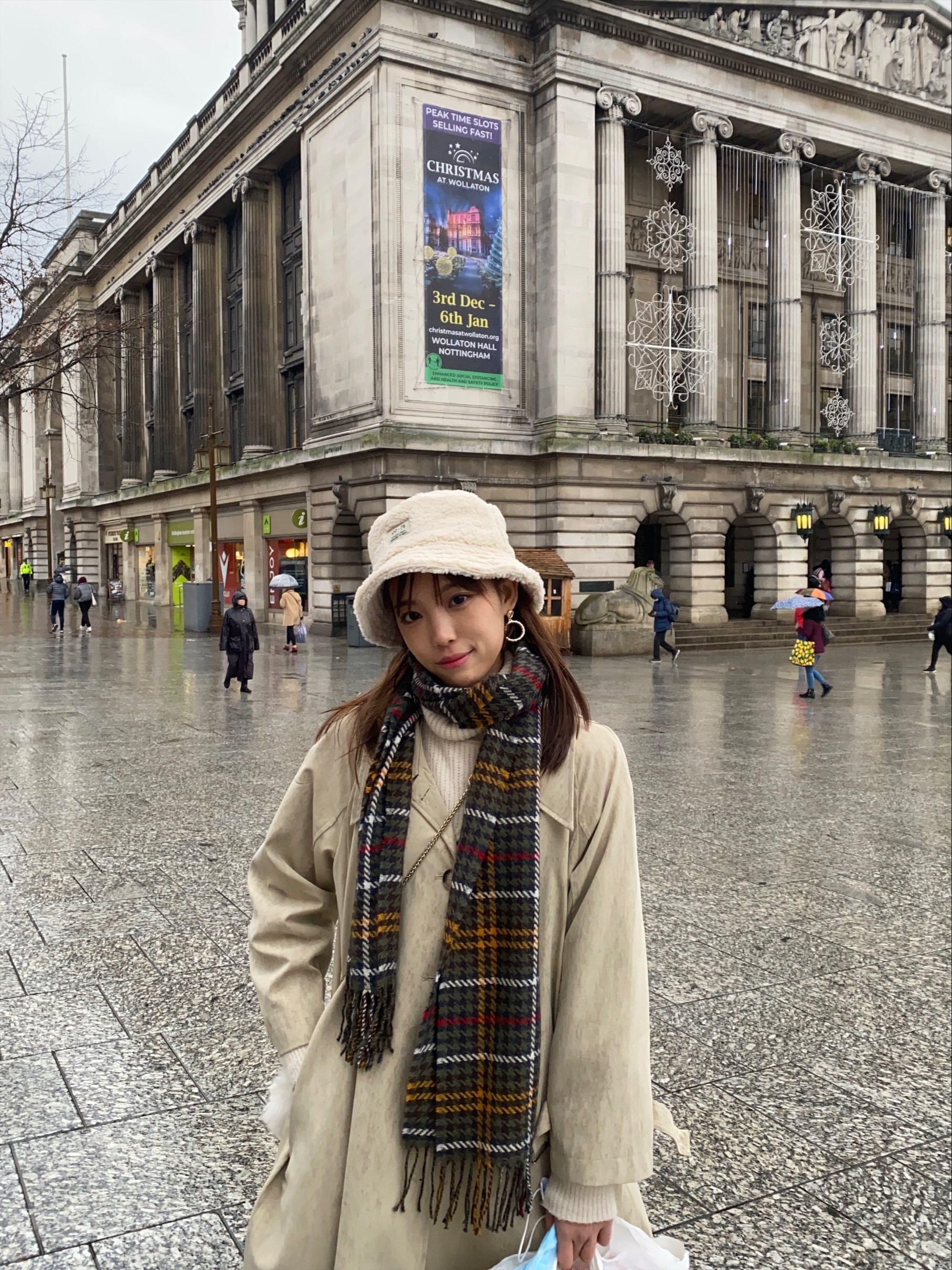For her main degree project, she wanted to make a product that was affordable and something that would help make music education more accessible for those with a visual impairment.
Buzz uses artificial intelligence image recognition technology to identify and analyse visual cues during ensemble practices. It then converts this information into corresponding vibration signals which help the musician to respond accordingly.
There are two products included in Buzz – an AI camera and a smart watch. The smart camera can currently translate three scenes:
- Judging when the collaborator is getting up or sitting down
- Detecting that the partner is ready to start and stop playing
- Judging the fatigue of the players in the ensemble and providing encouragement
The watch is mainly used to receive the information translated by the camera and to notify the user through vibration signals.
The product was inspired by Ziqun’s volunteering position at a cinema for the visually impaired, as well as conversations had with visually impaired staff who work at a business by her house. She surveyed people between the ages of 21-25 during the design process so the look and use of the product is guided by their feedback.
Buzz is currently in its first stage of product development and Ziqun is using technical and appearance tests to work towards creating a functioning prototype.
Ziqun commented: “I am very grateful to Loughborough for this year's study, which has enabled me to acquire comprehensive knowledge of industrial design and find the direction I am interested in. I am hoping to develop my designs further, with an end goal of producing Buzz to be used in schools.”
The product is part of the Postgraduate Taught Degree Show from Loughborough’s School of Design and Creative Arts. The online exhibition is an opportunity to celebrate students’ work and can be viewed here.

